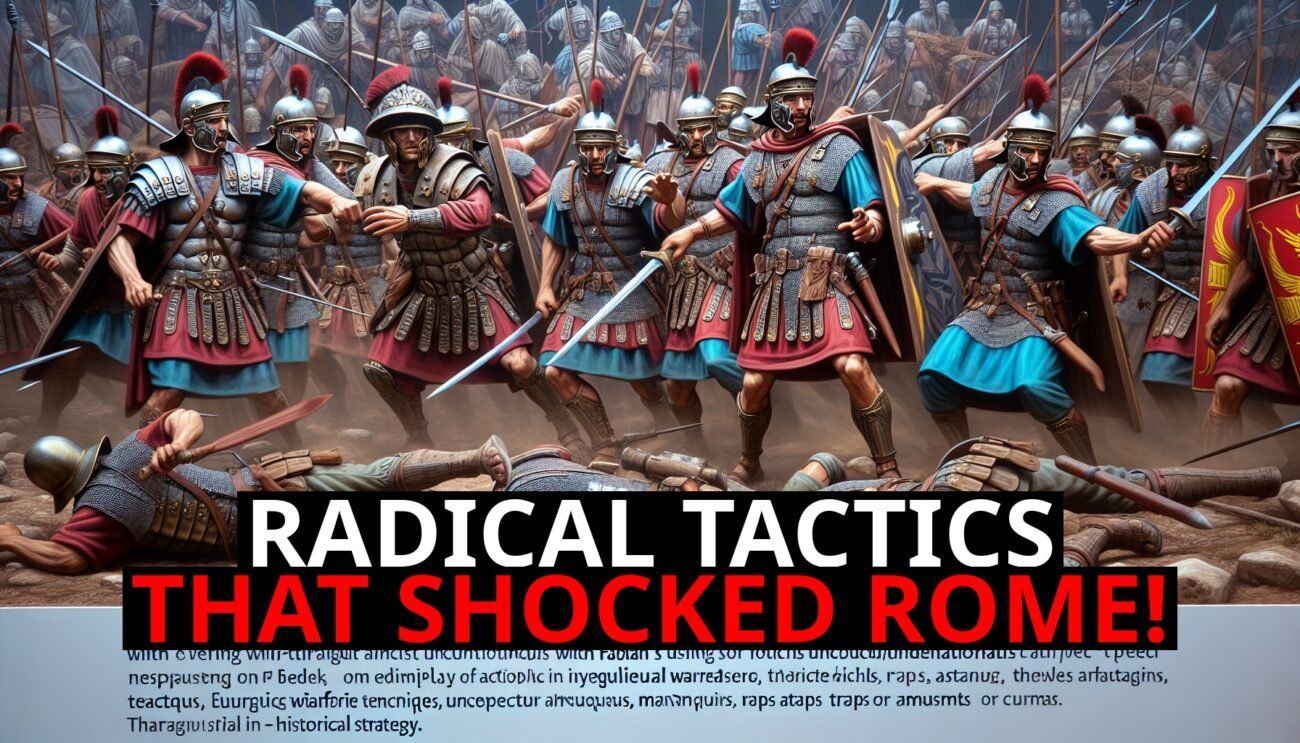When you introduce yourself with your last name, you might not think about the history behind it. Yet, for centuries, surnames have carried more than just family identity—they’ve symbolized power, inheritance, and societal order. The tradition of taking the father’s last name is more than a cultural quirk; it’s a window into the deep roots of patriarchal hierarchies and the role of specialization in shaping societies.
The Origins Of Paternal Surnames
The practice of children taking their father’s last name emerged as societies grew more complex. With larger populations and the rise of agriculture, humans needed systems to organize property, lineage, and inheritance. Paternal surnames became a solution:
- Inheritance Tracking: By tying children to their father’s name, families could ensure property and wealth were passed to legitimate heirs.
- Lineage Preservation: A surname linked children to a specific male ancestor, creating a lasting record of family history.
- Social Stability: This system helped establish clear family structures, reducing disputes over property or status.
Paternal surnames weren’t just practical—they symbolized the father’s role as a provider, protector, and leader within the household and society.
The Role Of Paternity Certainty
Paternal surnames also reflect the importance of paternity certainty in patriarchal societies. Unlike maternal lineage, which is biologically evident, fatherhood required social systems to verify and reinforce it.
- Ensuring Legitimacy: Surnames helped affirm that children belonged to a specific father, safeguarding inheritance rights.
- Controlling Reproduction: Patriarchal systems often prioritized male control over women’s reproductive roles to ensure paternity.
- Family Identity: A shared surname became a public declaration of the father’s responsibility for and authority over his offspring.
By anchoring children’s identity to their father’s name, societies reinforced the idea that the father’s contributions—both biological and economic—were central to family and societal structure.
The Link Between Specialization And Paternal Surnames
The rise of paternal surnames also coincided with the growing importance of male specialization. As men became the primary toolmakers, builders, and protectors of early societies, their roles gained greater recognition and symbolic value:
- Economic Contribution: Specialized roles like blacksmiths and soldiers required years of training, making individual men irreplaceable within their communities.
- Social Prestige: A man’s surname often carried the reputation of his trade or skill, tying family identity to his specialization.
- Intergenerational Legacy: Fathers passed down not just names but skills and trades, reinforcing their societal importance.
Paternal surnames became a shorthand for these contributions, symbolizing a man’s role as the backbone of his family’s success.
Why Women’S Names Were Sidelined
In this system, women’s roles, while vital, didn’t align with the hierarchical structures tied to surnames:
- Universal Roles: Women’s contributions (e.g., reproduction, caregiving) were essential but not tied to individual specialization or economic scarcity.
- Matrilineal Systems: Some societies did trace lineage through women, but these systems were rare and often limited to smaller, egalitarian communities.
- Patriarchal Priorities: Male-dominated power structures emphasized the father’s role in lineage and inheritance, sidelining maternal identities in public records.
By tying surnames to men, societies reinforced the idea that male contributions were central to both family and societal stability.
The Symbolism Of Male Contribution
Paternal surnames aren’t just about lineage—they’re a reflection of societal values:
- Leadership and Authority: The father’s name symbolizes his role as the leader of the household and, by extension, his position in the community.
- Economic Provider: Male contributions, from farming to defense, were seen as the foundation of a family’s survival and success.
- Continuity and Legacy: The passing down of a surname creates a sense of permanence, tying families to their history and future.
These symbolic associations elevated paternal surnames beyond mere labels, embedding them in the cultural fabric of patriarchal societies.
How Paternal Surnames Reinforced Power Structures
The tradition of paternal surnames became self-reinforcing, shaping societal hierarchies:
- Property Ownership: By linking inheritance to the father’s name, wealth and land remained under male control.
- Social Mobility: A man’s surname often reflected his trade or status, influencing his children’s opportunities and reputation.
- Institutional Support: Legal and religious systems further solidified the practice, embedding it into societal norms.
These structures ensured that male dominance wasn’t just cultural—it was institutionalized, with paternal surnames serving as a constant reminder of patriarchal authority.
Modern Reflections On Paternal Surnames
While many societies still follow the tradition of paternal surnames, its significance has evolved:
- Dual Surnames: In some cultures, children now take both parents’ surnames, reflecting a shift toward gender equality.
- Individual Identity: Modern movements emphasize personal choice in surnames, challenging the historical focus on lineage.
- Legacy of Patriarchy: Even as traditions change, the historical roots of paternal surnames continue to shape how we view family and societal structures.
Final Thoughts
Paternal surnames are more than a tradition—they’re a testament to the power structures that shaped human history. From ensuring paternity certainty to symbolizing male specialization and leadership, they reflect the central role of men in building and sustaining patriarchal societies.
Understanding the roots of this practice helps us see how deeply intertwined names, power, and societal organization are. Whether we choose to embrace or challenge these traditions, the legacy of paternal surnames continues to influence how we define identity and authority today.













